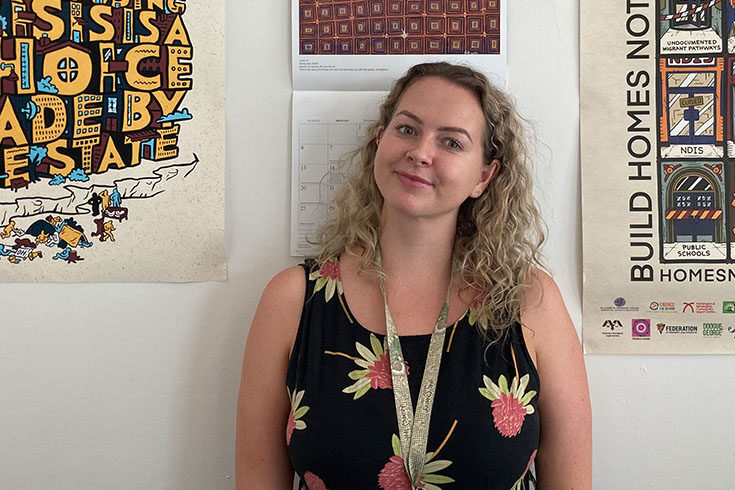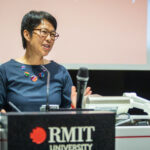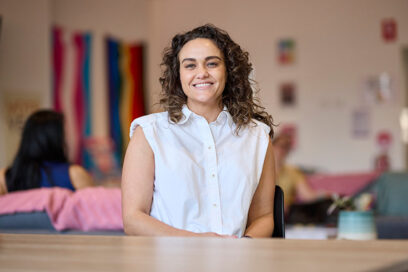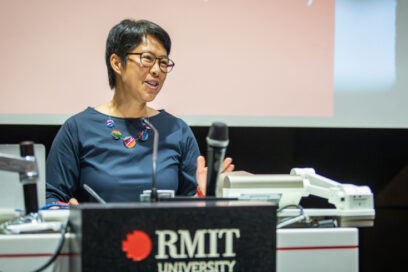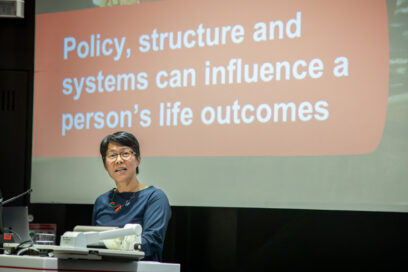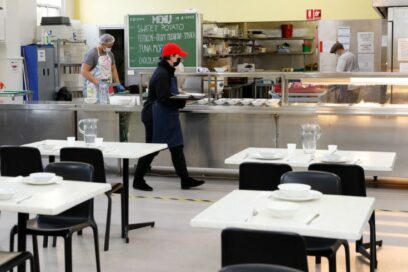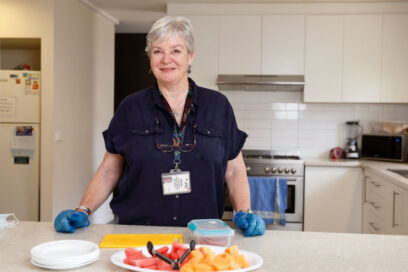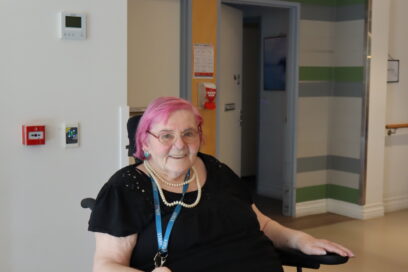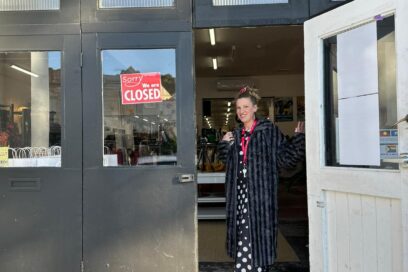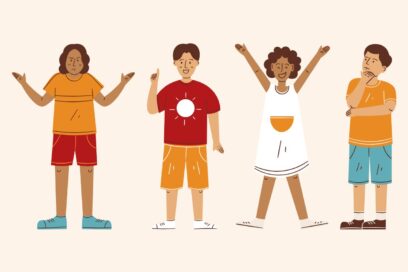Primary homelessness data hides what is really happening for women who are experiencing homelessness. Women are more likely to find themselves couch surfing, in overcrowded housing or an unsafe home due to family violence. A woman doesn’t need to be without a home to be in desperate need of safe and secure housing.
To better respond to the needs of our female clients, Sacred Heart Mission created the Women’s Supportive Housing team (WSH) in July 2021. This team sits within the Continuum of Care, a tailored, flexible support approach that drives better, faster housing outcomes for people experiencing homelessness.
Support from the WHS team is available to all women, including trans women, and provides an intersectional feminist approach with supportive housing principles.
What is intersectional feminism?
We all have many identities that make us who we are, which include our gender, race, sexuality, religion, or a disability. An intersectional feminist lens acknowledges how a person’s many identities can overlap and compound experiences of discrimination, oppression and trauma.
This lens makes our case managers better advocates for clients when helping them navigate complicated systems. It also creates a safe space for clients to feel seen and heard. In turn, this strong relationship leads to better long term housing outcomes.
Meeting women where they’re at
The WSH team is a fantastic group of women made up of three case managers (including Case Manager Annie, pictured) and a team leader. The staff come from varied community service and social work backgrounds.
A big part of the WSH work is assertive outreach. Since not all women are able to attend drop-in services like our Women’s House, assertive outreach allows the WSH team to meet women where they’re at. The team acknowledges this has its challenges, since they work with women before they are housed, and this can make it difficult to reach them. It takes creative thinking and perseverance.
Often, their clients have been disconnected from services for a long time. Once a relationship is established, case managers facilitate referrals and link clients to the specialised services they need.
Supporting clients back into community life
When housing is assigned, the support needs don’t end. Only after clients have the safety that comes with housing are they able to fully address underlying traumas. Case managers support clients back into community life, working on areas like social inclusion, health and wellbeing.
“It’s a beautiful journey to be on with a client. To see them settle in and see them put their roots into the ground is a really special thing.”
– Claire Kruger, Program Manager GreenLight and Women’s Supportive Housing team
New clients are often referred to the WSH team internally, through other programs and teams at Sacred Heart Mission, as well as from external partners.
The WSH team also works collaboratively with colleagues across Women’s Services, including from the Women’s House. Together, along with housing programs like GreenLight, they share learnings and offer support.
In less than a year, each member of the team has a full caseload which shows how needed their work has been. They have achieved amazing outcomes, including supporting 10 clients into long term housing through the Continuum of Care.

